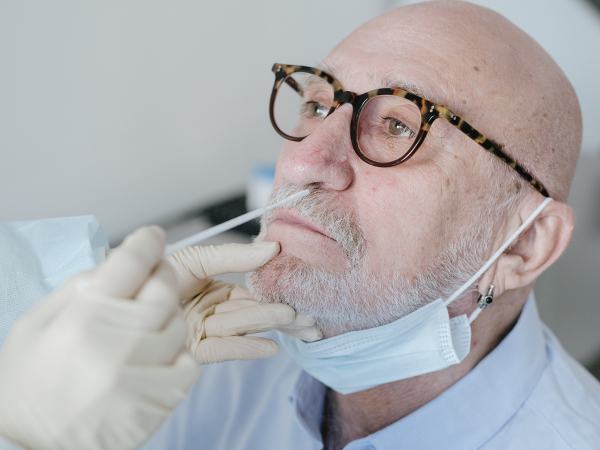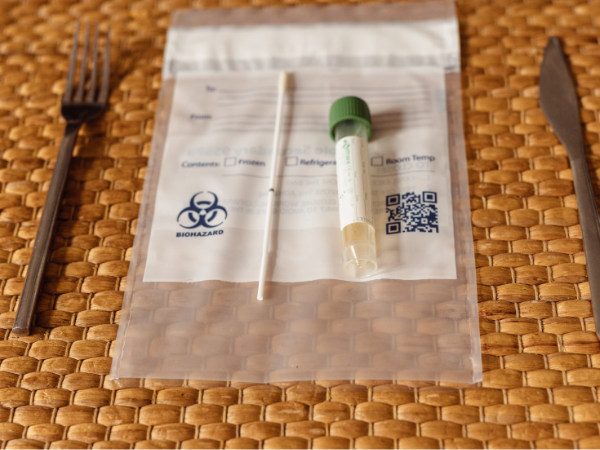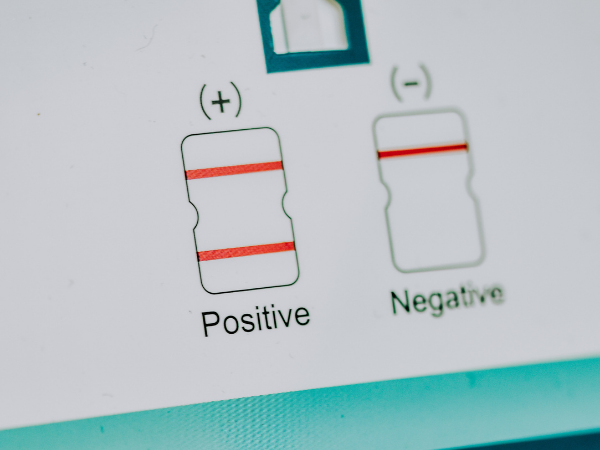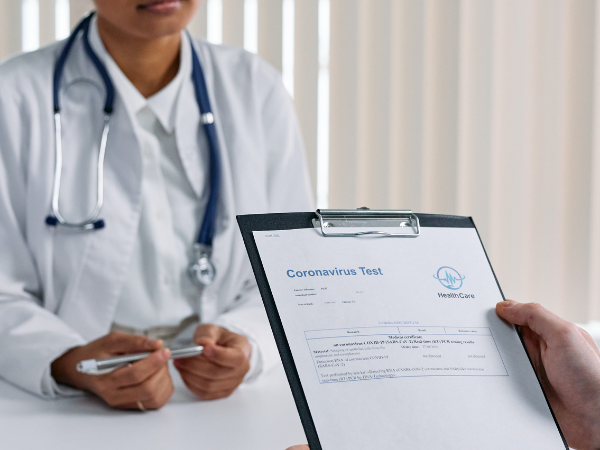How accurate are at-home COVID tests? Are they worth it?
You should consider a few things before buying your first at-home COVID test kit. The novel coronavirus has been a public health problem for far too long, and it’s no surprise that more people want to keep themselves safe from it. More importantly, they want to find a way to resume their normal activities immediately.
Many people see these at-home COVID test kits as a great solution. If you suspect you have COVID-19 flu symptoms, this could confirm them and put your mind at ease. What’s more, the demand skyrocketed as more schools and public gatherings wanted them. Still, are these home tests truly accurate, and how helpful are they in fighting this pandemic?
Before we get into these questions, we will go through more details regarding all the buzz surrounding these at-home infection tests. Then, we will explain how they work and elaborate on their potential problems. These will help you figure out whether or not you truly need to get some of these at-home COVID tests.
Why there is a huge demand for at-home COVID tests

The hot demand for these home COVID-19 tests came after the Food and Drug Administration issued emergency use authorization (EUA) on December 15, 2020.
Test kits began to appear in supermarket aisles and online stores. However, they cost $10 to $15 each, a steep price for regular folks. That’s when President Biden took action.
He pledged $2 billion for 280 million rapid tests that will be offered to various facilities. What’s more, he will require major retail outlets like Amazon and Walmart to lower prices by 35%.
Yet, prices remained high as test kit manufacturers didn’t anticipate the huge demand. The stock quickly ran out in brick-and-mortar locations and online stores.
Schools need a lot of them so they can reopen safely. Companies need them to resume operations. The Goldman Sachs bank requires weekly tests even for vaccinated staff.
Still, it might be a good idea to have an at-home COVID test because it’s similar to a first-aid kit, and it can help them deal with a medical emergency or other reasons.
By taking such a test, you’re ensuring you won’t infect anyone where you’re going. In other words, that COVID-19 test can keep you and your loved ones safe.
How do at-home COVID tests work?
You may buy two types of these tests: self-collection kits and self-tests. The former just helped you collect a sample of the SARS CoV-2, the virus that causes COVID-19.
This enables you to send it to a laboratory so that health professionals may properly check it using PCR tests. On the other hand, at-home COVID tests are antigen tests.
It comes with a nasal swab that lets you collect samples from your nose. You must apply its contents on a test cartridge or strip and then wait for 10 to 15 minutes.
Eventually, a colored line will show if it’s a negative or positive result. The CDC highly recommends informing a health care provider about your result.
The Centers for Disease Control and Prevention also issued the following guidelines on what to do with your results. Let’s start with what to do if you get a positive result:
- Stay in one room as much as possible.
- Avoid coming into contact with other people and even your pets.
- If you can’t, wear a mask inside your home.
- Have a set of household items that only you will use.
Moreover, you should tell your close contacts that you’ve been exposed to this infectious disease. You might be too nervous about doing it, but this will make sure no one else gets the virus.
If you get a negative result, you should still confirm it. You may have tested yourself too early, and that’s why these at-home COVID tests are often used in a series.
Follow your kit’s instructions on how many times you have to conduct the test. Talk to your doctor about what to do after getting your results.
The test may also show an error or invalid result. In this case, you might have failed to use it correctly, or the kit just malfunctioned. Still, you should discuss this with your physician.
Read More: What Are Telehealth Services?
What are some issues with these kits?
At-home COVID tests help people achieve peace of mind during these times. It also helps them meet with others safely while the pandemic is still ongoing.
Sadly, they could be causing problems to the national COVID response. After all, it’s up to the user to immediately report their results to healthcare authorities.
Some people don’t do it out of fear of alienating others or losing their jobs. In turn, they’ll just hide the results and continue their day-to-day activities, spreading the virus further.
What’s more, the test kits may result in errors or false positives. This is why the CDC reminds the public only to buy the antigen tests with EUAs. Click here for the full list.
It may also give people a false sense of security. They get a negative result and think they have no active infection. Yet, only a healthcare professional can truly confirm that.
Should I use at-home COVID tests?
As we said, these home tests are like first-aid kits. It’s a good idea to have some handy just in case. Yet, it may also be a good idea if you’ll be attending a public gathering.
Your at-home COVID test can assure you and other folks that you’re not infectious. This is even more important if you’ll fly to another country because of the stricter guidelines.
For example, you’ll have to provide proof of vaccination nowadays. Often, your test results should come out negative at least 72 hours before you board the plane.
What’s more, you might need them if you’re a business owner. You will have to visit your business personally from time to time to see how it’s doing.
These tests can help you protect yourself and your company against coronavirus. You might have to perform routine testing on employees as part of the testing protocols in your area.
Some states are allowing kids back to school. An at-home COVID test could confirm if your child isn’t catching the coronavirus on campus.
If you’re struggling financially, you may want to have at least one kit at home. Otherwise, we suggest you buy only what you need so that other people can get theirs too.
Related Articles
Final thoughts
Follow the CDC guidelines regarding the use of at-home COVID tests. Only buy those that received CDC authorization, and make sure you’re buying genuine and correct test kits.
Antibody tests are not the same as antigen tests, and you should look for the latter when searching at-home COVID tests at physical stores and online marketplaces.
Note that this article is for educational purposes only. If you’re not from the United States, check your country’s COVID restrictions and follow them accordingly.




